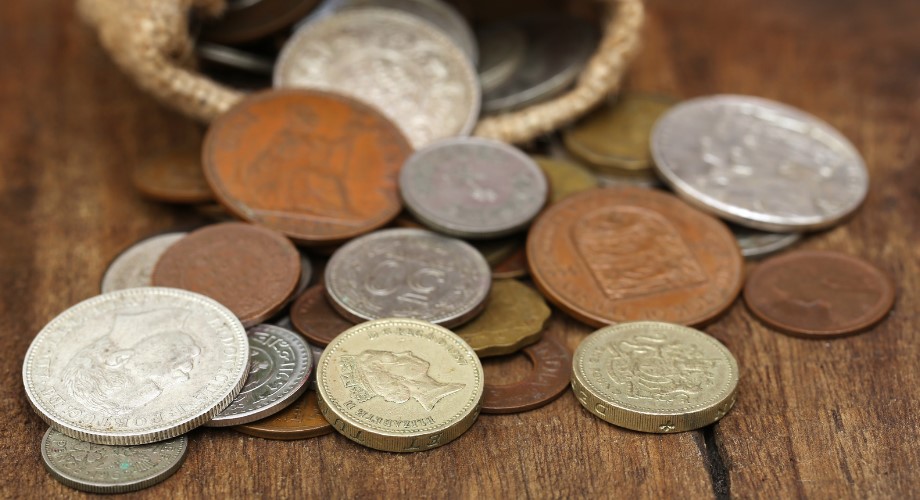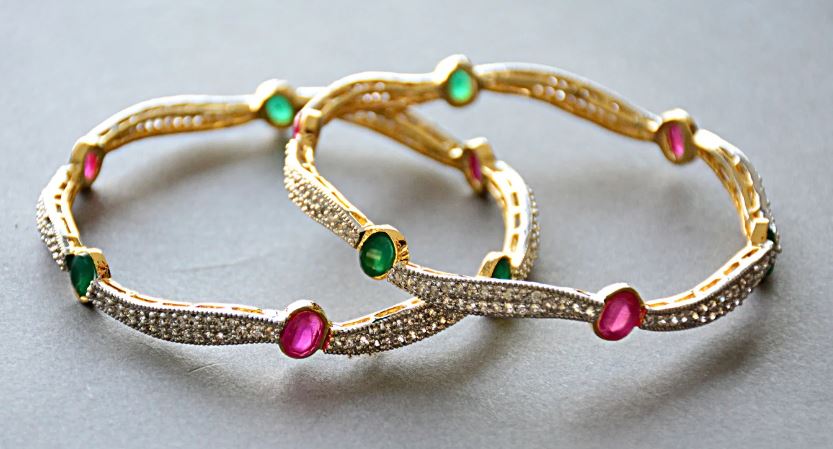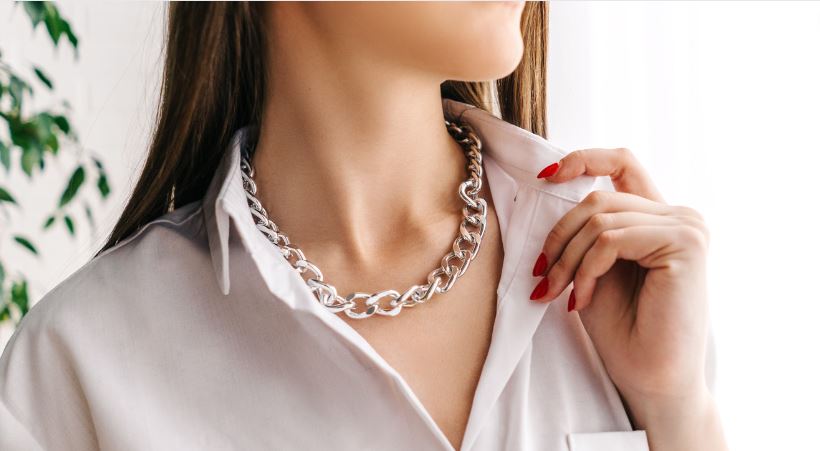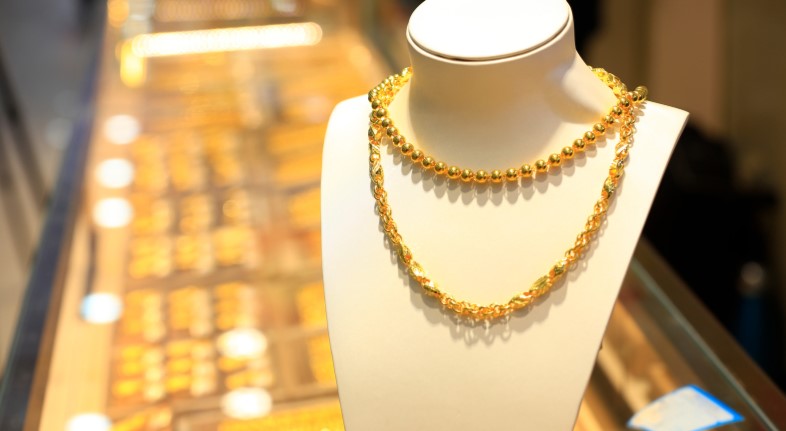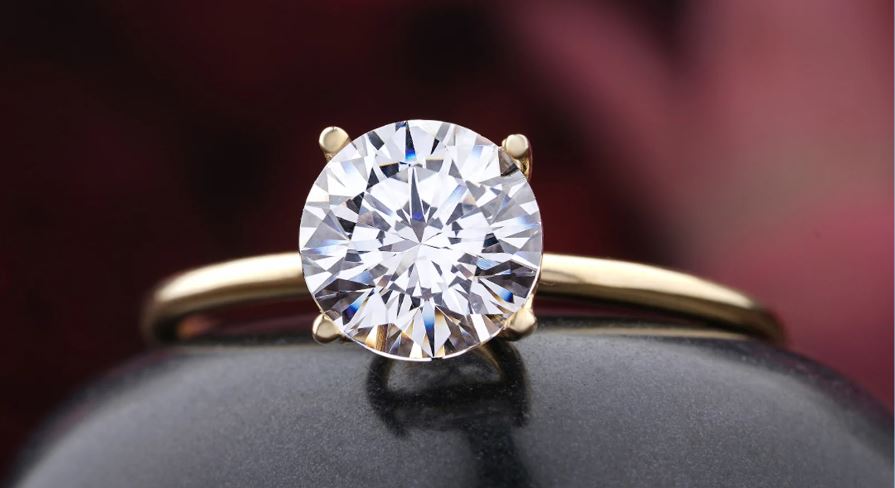Are you a collector of old coins? Perhaps you recently inherited a collection or stumbled upon some ancient currency at a flea market. Whatever the case, if you find yourself possessing dirty and tarnished old coins, fear not!
This article will explore various methods to clean those precious pieces of history and restore their original shine. Whether you’re an avid coin enthusiast or simply looking to restore the beauty of your antique treasures, read on to discover how to clean old coins effectively and safely. Let’s dive into the world of numismatics and unlock the secrets behind restoring these remarkable artifacts!
How to Clean Old Coins? – Cleaning Methods

There are numerous methods for cleaning old coins. They are,
- Baking soda is a popular choice, as it can remove dirt and tarnish without causing damage
- To create a paste, vinegar is also useful, especially when combined with salt
- Ketchup contains acids that can help dissolve grime, while lemon juice has natural cleansing properties
- Hydrogen peroxide can be used for more stubborn stains; even Coca-Cola has been known to work wonders on dirty coins.
Clean Coins With Baking Soda
Baking soda, a common household item, can effectively clean old coins. To start, create a paste by mixing baking soda with water. Gently rub the paste onto the coin using your fingers or a soft cloth. Rinse the coin with water and pat dry. Avoid rubbing too vigorously, as it may damage the coin’s surface. Baking soda is particularly useful for removing dirt and grime from coins without causing any harm.
Clean Coins With Vinegar

Vinegar is a versatile household item that can also be used to clean old coins. To clean your coins with vinegar, soak them in equal vinegar and water for about 30 minutes. Remove any remaining dirt or grime after soaking, and gently scrub the coins with a soft-bristled toothbrush.
Rinse the coins thoroughly with water and pat them dry with a soft cloth. Vinegar’s acidic properties help to dissolve tarnish and restore shine to your old coins without causing any damage.
Clean Coins With Ketchup
Ketchup, the beloved condiment, can also work wonders when cleaning old coins. Its acidic properties help remove dirt and grime from the surface of the coins. Apply a small ketchup onto a soft cloth or toothbrush and gently rub the coin. Rinse with water and pat dry for shiny results. Avoid using excessive force to prevent damage to the coin’s design.
Clean Coins With Lemon Juice
Lemon juice is a popular method for cleaning old coins due to its natural acidity. Squeeze the juice from a lemon and soak your coins in it for several minutes. Gently scrub the coins with a soft toothbrush and rinse with water. The citric acid in lemon juice helps remove dirt and grime, leaving your coins brighter and more polished.

Clean Coins With Hydrogen Peroxide
Hydrogen peroxide is another effective method to clean old coins. It has strong oxidizing properties that can remove dirt and grime from the surface of the coins. Soak the coins in a mixture of hydrogen peroxide and water for a few minutes, then gently scrub them with a soft-bristled toothbrush. After, completely rinse with water to get rid of any leftovers. Be cautious, though, as hydrogen peroxide may cause some damage if used on valuable or rare coins.
Clean Coins With Coke
You may be surprised to learn that Coca-Cola can be used to clean old coins. Pour a small amount of Coke into a shallow dish and place the coins in it. Let them soak for a few minutes, then gently scrub them with a soft toothbrush. Rinse the coins thoroughly with water and pat them dry. The acidity in Coke helps remove dirt and grime from the surface of the coins, revealing their natural shine. Remember to handle old coins carefully during cleaning!
Is It a Proper Practice to Polish Old Coins?

Polishing old coins is a controversial topic among collectors and numismatists. While some argue that polishing can enhance the appearance of worn or tarnished coins, others believe it diminishes their historical value. Polishing may remove valuable patina or cause scratches, ultimately degrading the coin’s condition. It’s best to consult experts before attempting any cleaning methods on your precious collection.
Why Cleaning is Important for Old Coins?
Cleaning old coins is essential to preserve their value and appearance. Over time, coins can accumulate dirt, grime, and oxidation, diminishing their beauty and authenticity. By regularly cleaning them, you can remove these contaminants and restore the coin’s original luster. Proper cleaning techniques will help maintain the historical significance of old coins without causing damage or devaluation.
Conclusion
Cleaning old coins can be fun and rewarding for collectors and enthusiasts. However, it is important to approach the cleaning process cautiously and use gentle methods to avoid damaging the coins.
This article discusses several methods for cleaning old coins, including baking soda, vinegar, ketchup, lemon juice, hydrogen peroxide, and Coke. Each method has unique properties that can effectively remove dirt and grime from coins.
However, it is crucial to note that while these methods may help restore some shine to old coins, they should not be used on valuable or rare coins. Polishing or aggressively cleaning such coins can diminish their historical value and authenticity.
Gentle cleaning techniques can be employed for everyday coins with sentimental value rather than monetary worth. It is essential to remember that even with proper cleaning methods, not all damage or discoloration can be reversed. Therefore, it’s always advisable to consult experts before attempting restoration.
Cleaning old coins serves two purposes: aesthetic appeal and preservation of history. Removing dirt and grime from the surface of the coin without causing harm or altering its original state significantly helps highlight intricate details while maintaining its historical integrity.
To keep your collection in optimal condition over time:
- Handle your old coins with clean hands
- Store them in acid-free holders or capsules
- Avoid storing them in humid environments
- Keep them away from direct sunlight
Remember that every coin tells a story – preserving their authenticity ensures these stories are passed down through generations.
So next time you come across an old coin buried deep within your belongings or stumble upon one during a treasure hunt at a flea market, don’t hesitate to give it a little TLC!

